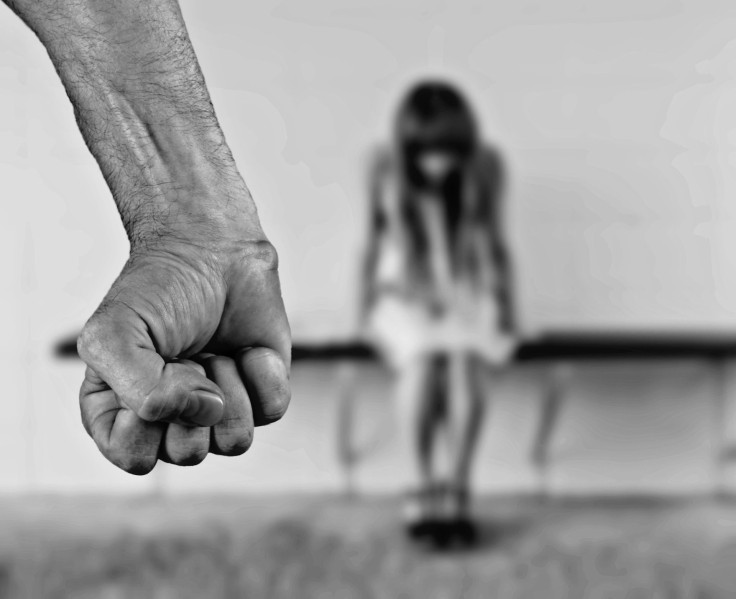What Is Revenge Rape? Pakistan Police Arrest 12 People For Ordering Assault

Police arrested 12 people belonging to two separate families for allegedly ordering a man to rape a woman to avenge the sexual assault of his sister in the Punjab province of Pakistan.
A man was accused of raping a woman in Pir Mahal in the Toba Tek Singh district in the Punjab province on March 20. Following the attack, the family of the suspected rapist, Wasim Saeed, approached the victim’s kin for a “pardon and reconciliation,” according to police officer Rehmat Ali.
The two sides then reportedly agreed to reconcile, with the condition Saeed’s sister would first be subjected to a "revenge rape" by the brother of the victim. A dozen people from the village reportedly agreed to the terms, after which the ordeal took place March 21.
The 12 people currently being held include members of a village council, elders and the family members.
Police said they found out about the shocking case as the two families had prepared legal documents agreeing not to press charges against each other. The ages of both the rape victims were not disclosed.
A similar case occurred last year in the same province, which saw the arrest of 25 members of an informal village council, who allegedly ordered the rape of a 16-year-old as revenge for her brother's involvement in a sexual assault case.
"Revenge rape" or revenge assaults, also called "wani," are banned by law; however, they are still commonly practiced in some rural areas in the country.
Rape has been used as a weapon during every war and civil unrest around the world. Revenge rape is also pretty common in India. From the time of the country’s Partition in 1947 till the Gujarat riots in 2002, Muzaffarnagar riots in 2013, Jat protests in 2016 and numerous other instances, women have been subjected to assault and rape as a pivotal attack on the enemy's “honor.”
The practice belongs to a centuries-old tradition as part of a quick justice handed down by the elders or a gathering of local leaders, commonly called "jirgas" or "panchayats."
In 2017, Amnesty International called for Pakistan’s authorities to "end impunity for sexual violence" and "crack down on the so-called village councils that prescribe horrific crimes against women and girls, often in revenge for acts committed by others," according to the Independent.
"For far too long, there has been an indulgence of these unspeakably cruel practices," Nadia Rahman, Amnesty International’s Pakistan campaigner said.
The shocking practice garnered international attention in 2002 when a woman in Pakistan was ordered by the panchayat to be gang-raped for a male relative's alleged crime.

A Punjab Protection of Women Against Violence Act was passed in 2016. However, despite the law, crimes against women kept rising in Pakistan, according to the Aurat Foundation, which campaigns for female empowerment.
The country is said to be ranking second from the last — 143rd out of 144 countries — in the 2017 Global Gender Gap Report published by the World Economic Foundation, a position Pakistan has held since 2012.
© Copyright IBTimes 2025. All rights reserved.






















